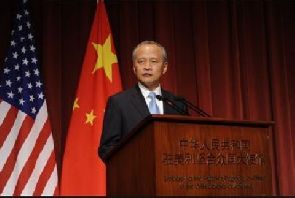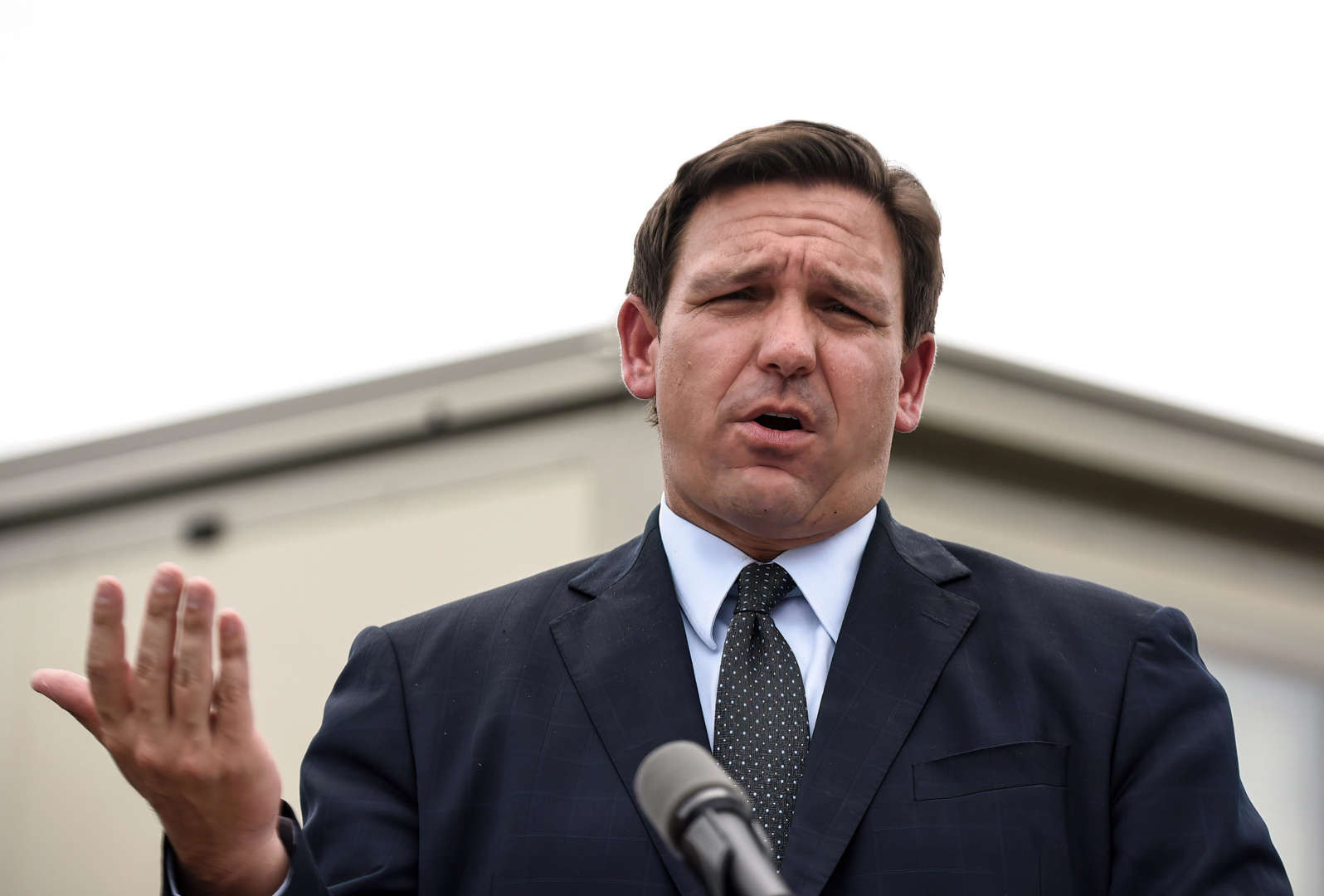China wants to import more goods from the United States and is seeking a more balanced trade with the country, said Chinese Ambassador to the United States Cui Tiankai on Tuesday.
The ambassador made the remarks at the 2017 annual conference of the think tank Institute for China-America Studies in Washington D.C.
Noting that China has already resumed its import of U.S. beef after 14 years’ suspension as a major outcome of the 100-day economic cooperation plan, Cui said that the two sides are also looking at the possibility of importing a huge amount of American liquefied natural gas to China.
The 100-day plan was reached by Chinese President Xi Jinping and his U.S. counterpart Donald Trump in April.
China also wants to import high-tech products and technologies for civilian use, said Cui.
“If the U.S. government could lift some of the restrictions on such trade, our bilateral trade will be more balanced,” he added.
Talking about China’s trade surplus with the United States, Cui said that “the real picture of the bilateral China-U.S. trade is more complicated than it might look,” as many of the products that China sells to the United States or vice versa have components made in other countries.
Take Apple’s iconic product iPhone as an example. iPhones are assembled in China, but most of their key components, including the chips, are imported from other countries, yet the products count as Chinese exports to the United States, he elaborated.
According to a report released by the Asian Development Bank in 2010, China’s contribution to an iPhone’s value is as little as 6.5 U.S. dollars for labor, while most of its retail price of up to 332 dollars flow to Apple, or to Asian or U.S. designers and technology suppliers.
However, those figures don’t show in the China-U.S. trade balance.
Cui also pointed out while China has a surplus in goods trade with the United States, it also has a large deficit in services trade.
Meanwhile, the huge number of Chinese tourists with an impressive purchasing power and the growing number of Chinese students studying in the United States also contribute a lot to U.S. consumption.
Statistics from a recent report of China’s Ministry of Commerce showed that Chinese tourists and students spent more than 51 billion dollars in the United States last year.
“So if you look at the whole picture, it’s more balanced,” the ambassador said.
In his speech, Cui also praised the Comprehensive Economic Dialogue (CED) held by the two sides last week as a success.
At the CED, China and the United States had an in-depth exchange of views on a broad spectrum of topics, including macro-economic policy, the 100-Day plan and a one-year plan.
The efforts made by the two sides for a successful discussion reaffirm the commitment to conduct economic relations and manage possible differences through dialogue and coordination rather than confrontation said the ambassador.
“Both sides recognise that while dialogues may not solve all problems at once, confrontation will lead nowhere,” he said.









